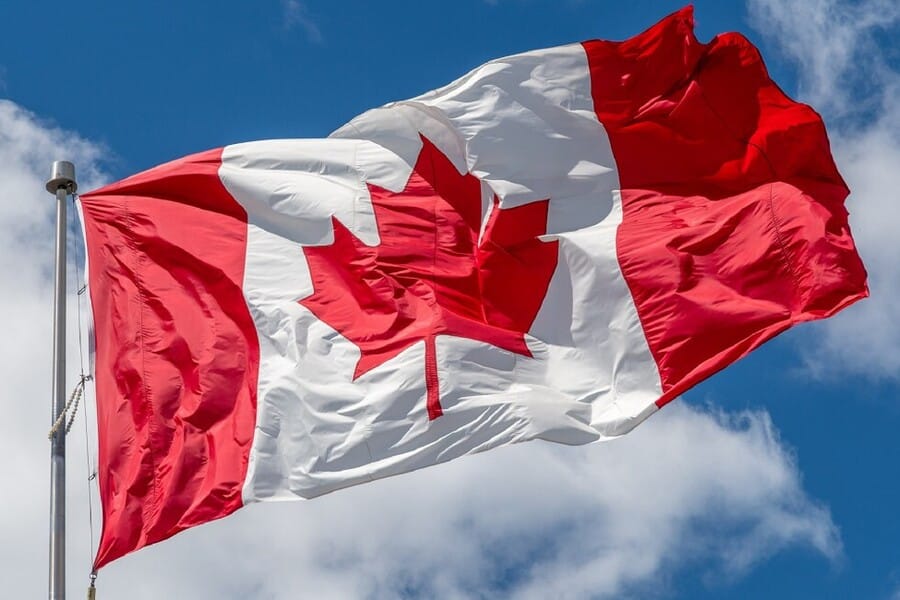
In a groundbreaking decision that underscores a profound transformation in its foreign policy approach toward the ongoing Middle East conflict, Canada has announced an indefinite suspension of arms exports to Israel. This move, prompted by a parliamentary motion brought forward by the New Democratic Party (NDP), received overwhelming support in the House of Commons, reflecting a significant shift in Canada’s stance on the matter.
The decision has sparked a vigorous debate both within Canada and internationally, eliciting a stern rebuke from the Israeli government, which views it as a setback to its diplomatic and security interests. Domestically, the reaction has been polarized, with some applauding the decision as a bold stand for human rights and ethical governance, while others criticize it as detrimental to Canada’s strategic alliances and international standing.
This situation highlights the complex interplay of political ideologies, ethical imperatives, and the intricate dynamics of international relations, as Canada navigates its role on the global stage amidst evolving geopolitical landscapes.
Background Of The Decision
The motion to cease arms exports to Israel came amidst escalating tensions in the Gaza Strip and was introduced by the NDP, a key supporter of Prime Minister Justin Trudeau’s minority government.
The move reflects growing frustration among Canadian lawmakers and a segment of the public with what they perceive as the government’s failure to adequately protect civilians in the conflict-ridden region. It also underscores a significant political shift, with the NDP leveraging its parliamentary support to influence Canada’s foreign policy directions.
The vote, which passed 204-117 with backing from the Liberals, the Bloc Québécois, and the Green Party, not only calls for an end to future arms exports but also advocates for Canada to work towards the establishment of a Palestinian state. This stance, while emphasizing a peaceful resolution through negotiation, challenges the current status quo and aligns with broader calls for a two-state solution to the Israeli-Palestinian conflict.
International And Domestic Reactions
Israel’s sharp criticism of Canada’s decision voiced through Israeli Foreign Minister Israel Katz, underscores the profound ramifications of this policy shift on Israel-Canada relations. Katz’s remarks on social media, where he lamented the move as undermining Israel’s self-defense capabilities against Hamas, reflect the deep-seated concerns over national security and the right to defend against terrorist acts.
The Israeli government’s response highlights the tension between national security imperatives and international calls for restraint and conflict resolution.
Domestically, the decision has ignited a fervent debate, revealing a polarized landscape. Proponents, including the NDP and various human rights organizations, argue that halting arms sales is a moral imperative, aiming to reduce the militarization of a conflict that has resulted in significant civilian casualties and suffering. Critics, however, such as Casey Babb from the
Norman Paterson School of International Affairs, views the decision as an abandonment of Israel at a critical juncture, potentially emboldening terrorist organizations and undermining the fight against anti-Semitism.
The controversy extends to the Canadian populace, with recent events highlighting a surge in anti-Semitic incidents, raising questions about the impact of foreign policy decisions on domestic social cohesion and the safety of minority communities.
Policy Implications And Future Directions
The suspension of arms exports to Israel signifies a pivotal moment in Canada’s engagement with the Middle East conflict, reflecting a broader trend of reevaluating military support and arms trade policies in conflict zones. Foreign Affairs Minister Mélanie Joly’s confirmation of the policy change, emphasizing its practical implications, signals a commitment to a more cautious and principled stance on international arms trade.
The policy shift raises several critical questions about the future of Canada-Israel relations, the practicalities of arms trade regulations, and the broader implications for international peace and security. It also puts a spotlight on the challenges of balancing domestic political pressures, international alliances, and ethical considerations in formulating foreign policy.
Furthermore, the decision reflects the complexities of coalition government dynamics in Canada, showcasing how minority parties like the NDP can exert significant influence on national policy directions. The collaboration between the Liberals and the NDP on this issue, despite the contentious negotiations and compromises, illustrates the nuanced interplay of political strategy, policy objectives, and international diplomacy.
Canada’s decision to halt arms exports to Israel marks a critical juncture in its foreign policy, embodying the tensions between ethical imperatives, international relations, and domestic political considerations. While the decision has been met with both condemnation and praise, it underscores Canada’s evolving stance on global conflicts and the pursuit of peace.
As Canada navigates the repercussions of this policy shift, the international community, and particularly the parties involved in the Middle East conflict, will closely watch the implications for regional dynamics, peace efforts, and the broader discourse on arms trade and conflict resolution. The path forward will undoubtedly require careful diplomacy, a commitment to humanitarian principles, and a nuanced understanding of the complex geopolitical landscape that defines the Israeli-Palestinian conflict.
In this period of profound transformation, the essential query still stands: How can Canada strike a balance between its foreign contacts, home political allegiances, and moral obligations to support a long-term Middle East resolution? In light of the issues facing the international community, Canada’s recent policy change may provide a model for reconsidering the role of the weapons trade in international conflicts and the pursuit of peace and security in an unstable world.





